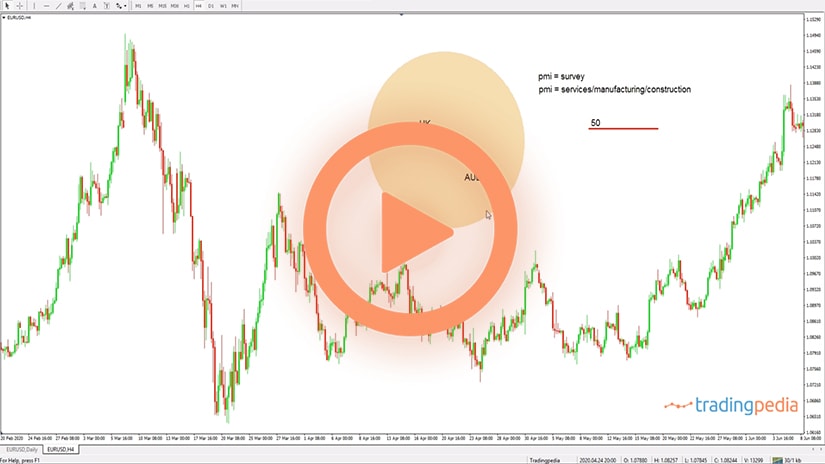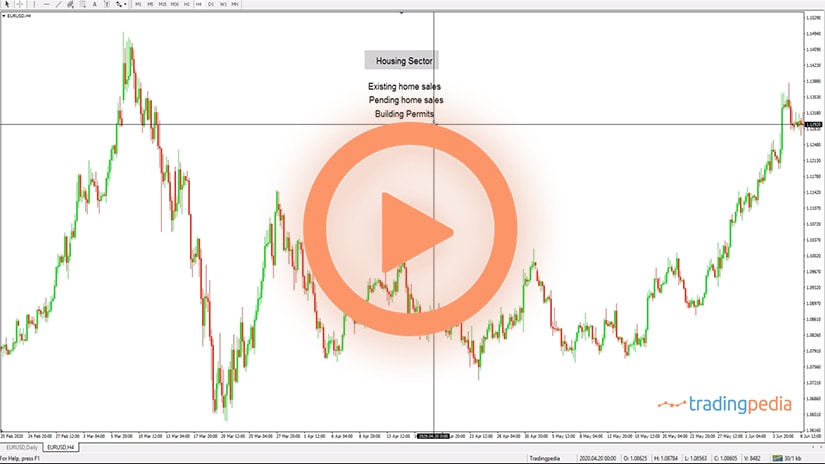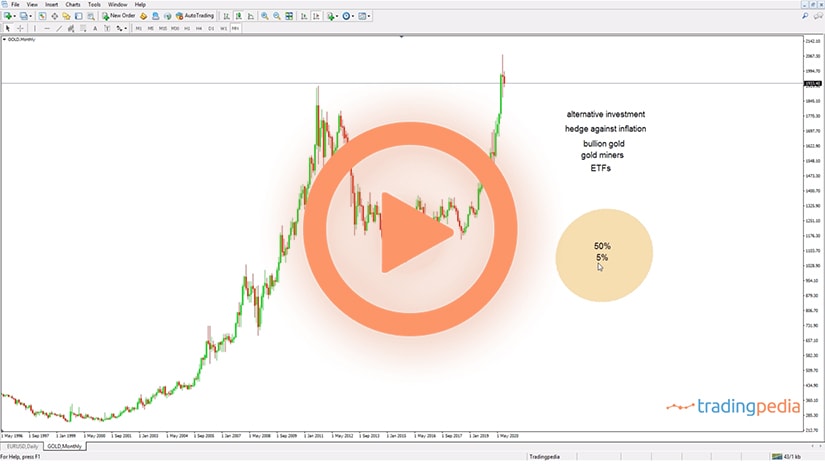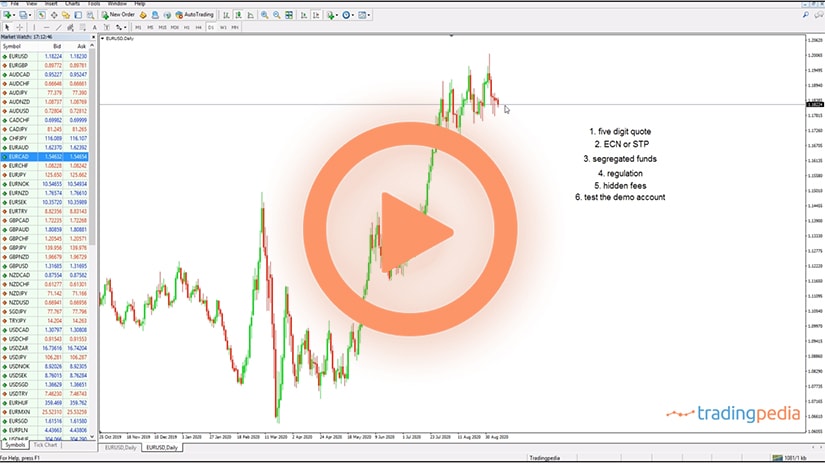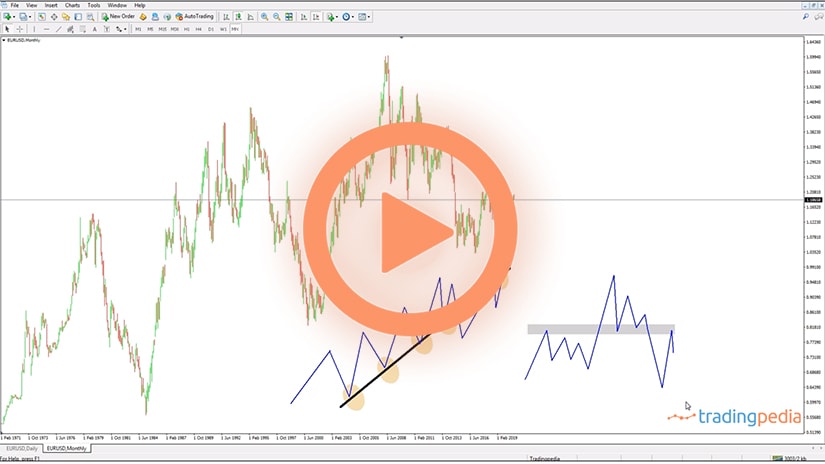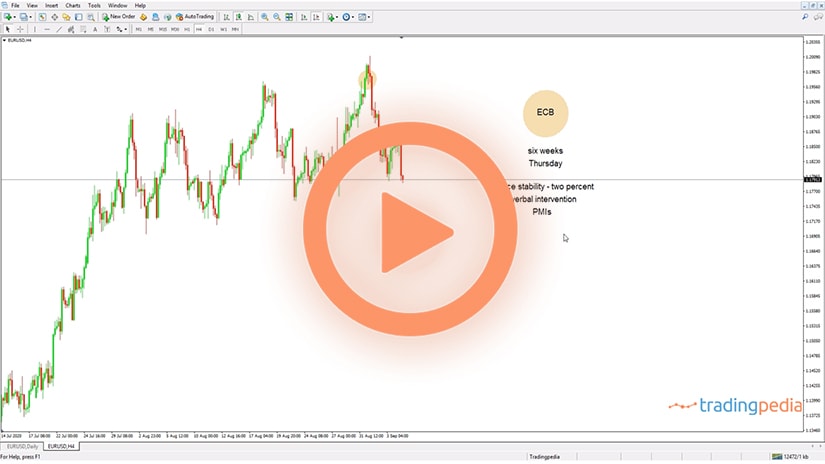
Hello there, this is tradingpedia.com and this video deals with what to consider when trading for a living. Everyone wants to be a trader because when you watch a movie or read a newspaper, it looks exciting to be able to buy and sells things for a living. But few people actually do this for a living for various reasons.
Overview
Trading is risky, and being so, it is full of opportunities but also full of risks all the time. There are a few things to consider when trading for a living.
It means that this is your actual job, this is what you do, how you earn money for your day to day life. It is a great responsibility, because in a family, a kid or two may appear, in a family bills come at the end of every month and someone has to pay them. But the market does not move all the time. Sometimes the market moves very fast, sometime very slow, that you will not be able to make a profit. Some other times the strategy is wrong, and you end up having negative returns in some months, positive returns in some others. So what to do?
Things to Consider
Here is a list of things to consider. The first thing is funds or money. Funds in the trading account and separate funds. Consider having funds in advance for a year or two, before starting to trade for a living. That is easy to calculate. Make sure what are your expenses in the family, vacations included, multiply it by twelve and then put the money aside and use them for a living. Then calculate how much would you need from trading in order to cover those expenses. Next, fund your trading account and start trading with the goal of covering your expenses and making some extra. However, keep in mind that negative months do exist, and you will need to cover for those negative months with the profit made in the positive ones.
The second thing think of the markets to trade. So, if I want to trade currencies, this is opened 24/5. Some say 24/7 because even over the weekend events may affect the Monday’s opening.
Think of the markets to trade. What is the availability and the day and the hours that the market is open? If you trade only the stock market, you will be active eight hours, as long as the market is open and when the cash closes, that’s it.
Timezone is also important – availability. If you leave in Asia and you are a currency trader, you have a bit of a problem. The currency market moves mostly in the London session and the North American session. Most important economic data are released in Europe and United States, and not during the Asian session. So you will need to change habits, sleeping hours, etc.
Also, consider being patient. Even scalp traders need patience because the market sometimes really does not move. Do not set goals like you need to make fifty pips a day because most of the times the market consolidates, rather than moves.
Think also about the costs of trading – many costs exist. It is not only the profit to consider, but also the costs. For instance, if you trade the EURUSD, the difference between the bid and the ask price is a cost paid to the broker – the spread. There are also commissions, withdrawal costs, conversion costs, taxes, etc. Consider everything to be paid.
Last but not least, set realistic goals. Everyone wants to turn every day 10% return, but that is not a realistic goal. Gamblers do that, investors go for 7% a year. I’m not saying you should do so, but having realistic goals means that you don’t expect $50k into $1 million in one year. Not that it is impossible, but it is unlikely. Therefore, set a realistic target like trying to beat a benchmark as a stock market index. Or another performance of a fellow trader. Or, Google and search what is a regular annual performance of a Forex trader and set a realistic goal.
Related Videos
Conclusion
If you do that – calibrate your funds, consider the markets to trade, the time available, are patient and calculate costs, and if trading still makes sense, all you need is a good trading strategy and you are set to go.
Thank you for being here. Bye, bye.
